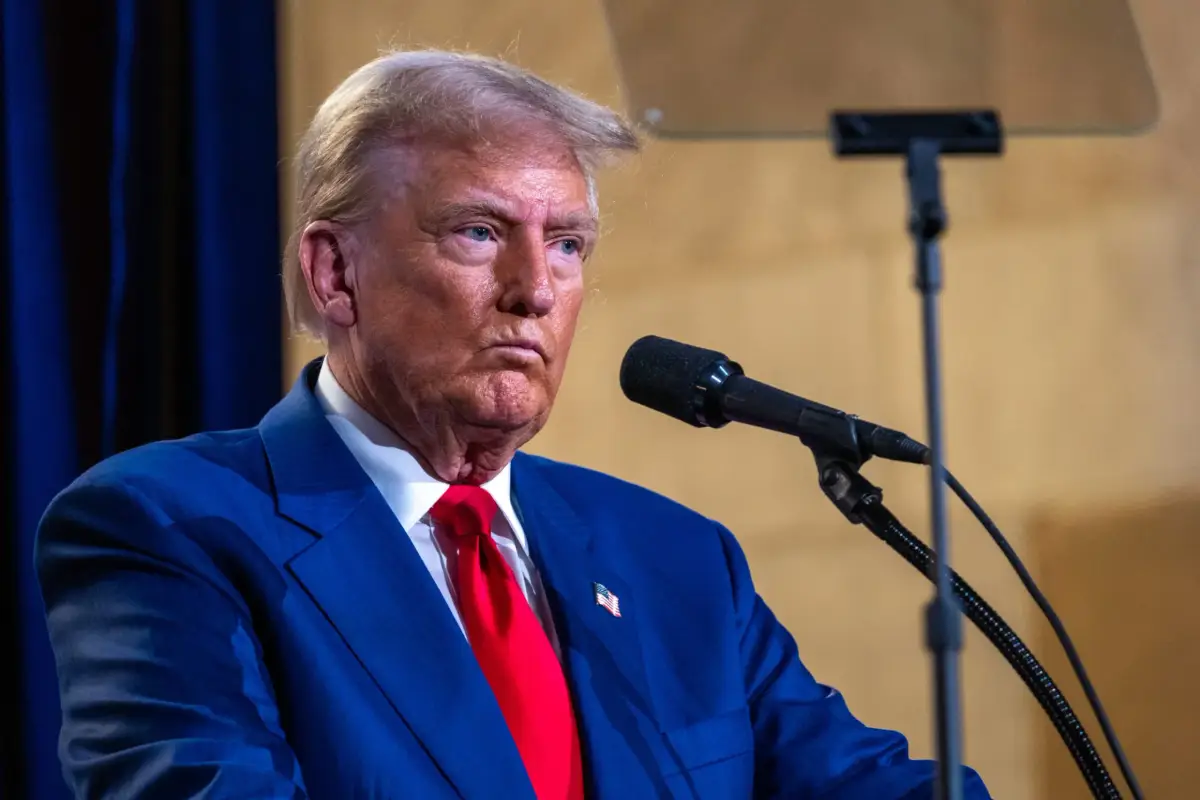Judge Juan Merchan ruled on Monday (December 16) that President-elect Donald Trump is not entitled to presidential immunity in his New York hush money case. The ruling dismisses one of Trump’s legal team’s key arguments to overturn his May conviction on 34 counts of falsifying business records.
Merchan’s decision rejected one of several attempts by Trump’s lawyers to overturn the latter’s May guilty verdict on several counts of falsifying business records. However, the judge did not address a separate motion from Trump’s attorneys seeking to dismiss the conviction based on his election-win as president. Instead, the 41-page ruling centered on the issue of presidential immunity.
The Ruling: No Immunity for Personal Conduct
In a 41-page decision, Judge Merchan rejected claims that Trump’s conviction should be overturned based on presidential immunity. The judge emphasized that evidence used by prosecutors in the Manhattan District Attorney’s case had no connection to Trump’s official duties as president.
Merchan further cited the Supreme Court’s recent ruling on immunity, which shields former presidents only for official acts conducted while in office.
“This Court concludes that if error occurred regarding the introduction of the challenged evidence, such error was harmless in light of the overwhelming evidence of guilt,” Merchan wrote. “Even if this Court did find that the disputed evidence constitutes official acts … Defendant’s motion is still denied as introduction of the disputed evidence constitutes harmless error.”
The Hush Money Case
Trump was convicted on 34 counts of falsifying business records tied to payments made to his former lawyer, Michael Cohen. The payments reimbursed a $130,000 hush money transaction to adult-film actress Stormy Daniels to prevent public disclosure of an alleged affair during Trump’s 2016 presidential campaign. Trump has denied the affair.
The case reached a pivotal moment just months before the 2024 presidential election. Trump’s sentencing, originally scheduled for July, faced delays due to the Supreme Court’s ruling on presidential immunity.
Supreme Court’s Immunity Decision
The Supreme Court ruled that former presidents cannot be prosecuted for official acts carried out during their presidency. Prosecutors are also barred from using official acts as evidence in cases involving personal conduct.
Trump’s lawyers seized on this ruling to argue that the Manhattan jury was presented with improper evidence, including:
- Presidential financial disclosure forms
- Testimony from White House aides
- Social media posts made while Trump was in office
However, Judge Merchan found these arguments unconvincing, affirming that the evidence was unrelated to Trump’s official duties and that any inclusion was harmless error given the “overwhelming evidence of guilt.”





